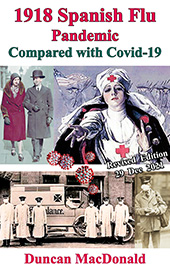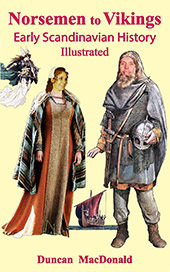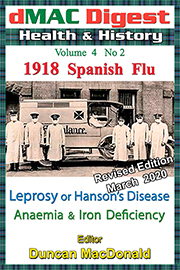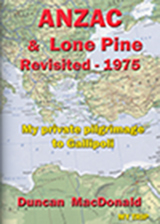Duncan MacDonald
Jakarta
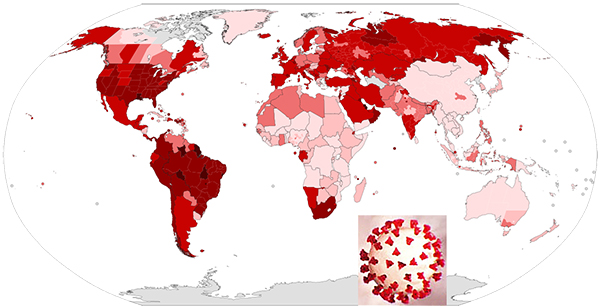
Covid-19 outbreak world map
What is COVID-19?
Covid-19 is the infectious disease caused by the most recently discovered coronavirus. This new virus was unknown before the outbreak in Wuhan, China, in December 2019. Covid-19 is now a pandemic affecting many countries globally.What are the Symptoms of Covid-19?
The most common symptoms of Covid-19 are fever, dry cough and tiredness. Other symptoms that are less common and may affecty some patients include aches and pains, nasal congestion, headache, conjunctivitus, sore throat, diarrhea, loss of taste or smell or a rash on skin or discoloration of fingers or toes. These symptoms are usually mild and begin gradually. Some people may be infercted but only have very mild symptoms.Most people (about 80%) recover from the disease without needing hospital treatment. About 1 in every 5 people who gets Covid-19 becomes seriously ill and develop difficulty in breathing. Older people and those suffering with underlying medical problems; high blood pressure, heart and lung problems, diabetes or cancer are at higher risk of developing perilous illness. However, anyone can catch Covid-19 and become seriously ill.
People of all ages who experience fever/or cough associated with difficulty breathing/shortness of breath, chest pain/pressure, or loss of speach or movementshould seek meducal attention immediately. It is recomended to call your health care provider or facility first, so the patient can be directed to the right clinic. CDC (Centers for Disease Control and Prevention) recomends keeping a safe space between yourself and other people who are not from your household. Stay at least 6 feet or 2 meters - about 2 arms length - from other people in both indoor and outdoor spaces.
Covid-19 spreads mainly among people who are in close contact (within 6 feet) for a prolonged period. Spread happens when an infected person coughs, sneezes or talks. Droplets from their mouth or nose are launched into the air and land on the mouth or noses of people nearby. The droplets can also be inhaled into the lungs.
Frequently wash your hands in soap and water for at least 20 seconds, or clean your hands with an alcohol-based hand rub. Avoid touching your face with unwashed hands.
How long does the virus survive on surfaces?
Studies have shown the Covid-19 virus can survive for up to 72 hours on plastic and stainless steel, less than 4 hours on copper and less than 24 hours on cardboard. Surfaces can be cleaned with with common household disinfectants that will kill the virus.Are antibiotics effective in preventing or treating Covid-19?
No. Antibiotics do not work against viruses; they only work on bacterial infections. Covid-19 is caused by a virus, so antibiotics do not work. They should only be used as directed by a physician to treat bacterial infection. [1] Yes - Covering your nose and mouth each and every time you are out in public protects others against exposure to respiratory droplets you might be breathing out. People do not need an N95 mask to make a difference.
Yes - Covering your nose and mouth each and every time you are out in public protects others against exposure to respiratory droplets you might be breathing out. People do not need an N95 mask to make a difference. Evidence that cloth masks are effective in reducing COVID-19 transmission rates is found in abundance in the July 14 JAMA editorial, which reaches this conclusion:
“At this critical juncture when COVID-19 is resurging, broad adoption of cloth face coverings is a civic duty, a small sacrifice reliant on a highly effective low-tech solution that can help turn the tide favorably in national and global efforts against COVID-19.” [2]

